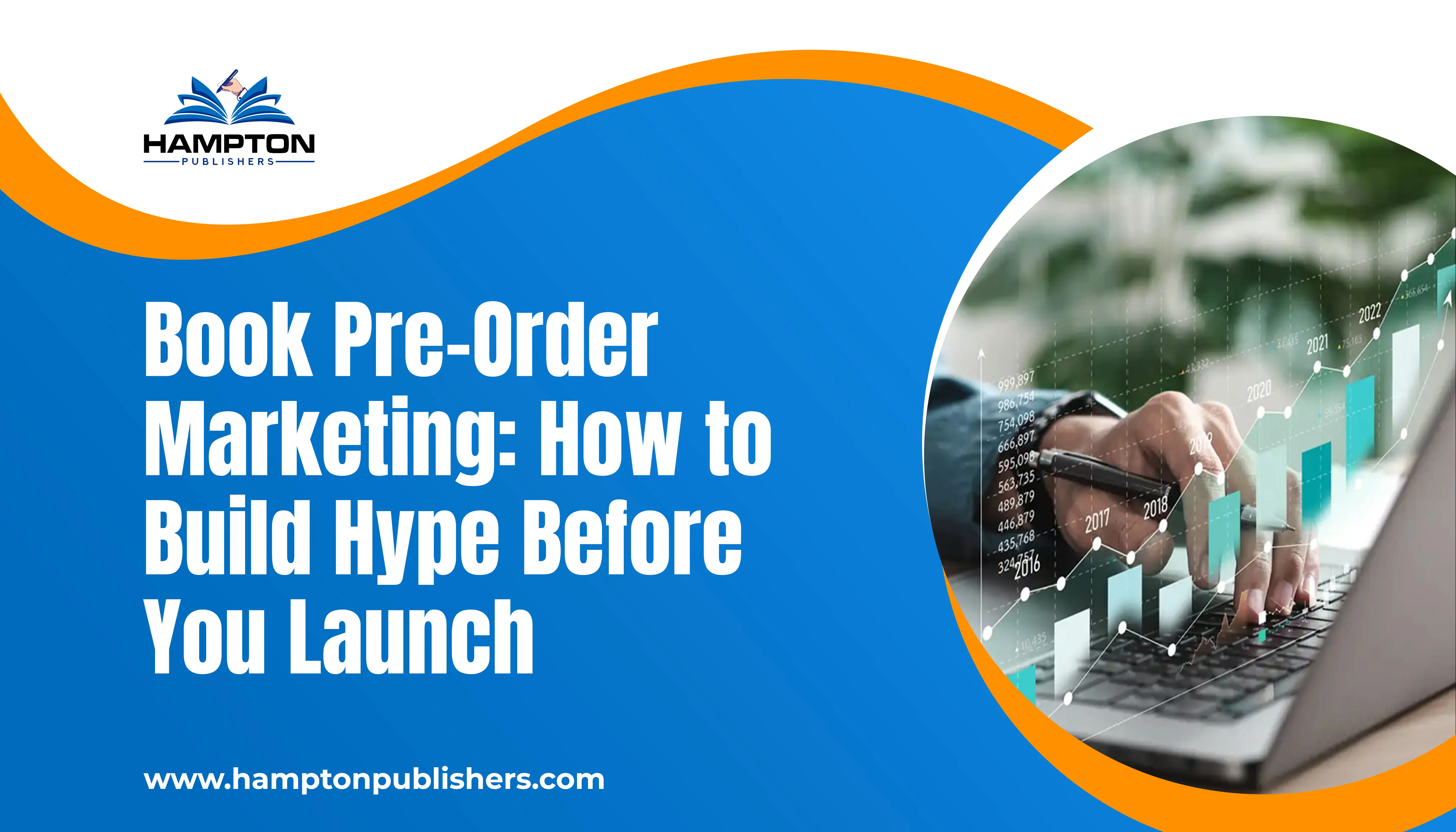Book Marketing for Niche Genres: What Works Best

Introduction
Selling books is not the same across all genres. Mainstream fiction and self-help titles will get big crowds, but specialty genres like historical fantasy, medical thrillers, or spiritual memoirs require different handling. For writers in niche categories, niche book marketing is not only useful; it's necessary. Knowing your audience and building a targeted genre plan can make or break a book's existence within its fan base.
Knowing Your Niche Audience
The first step in niche book marketing is to identify your readers and where they spend their time. Readers of cozy mysteries, for example, may gather in online forums, Facebook groups, or specialized book clubs. Fans of hard science fiction may hang out on Reddit threads or listen to podcasts that explore advanced technologies.
You can also position your book in such a manner that it will be most effective by determining the preferences and habits of your audience. Neither do you want to be overly general in the outreach to your audience. Rather than going into a broad net, be very relevant.
Building a Genre-Specific Brand
A successful genre strategy extends beyond a single book. Readers who enjoy a niche often want more from the same author, especially if your branding reflects their interests. For example:
Visual Identity: Covers should quickly communicate the genre, whether it’s gothic fonts for horror or clean illustrations for children’s educational books.
Messaging: Use words that appeal to the common interest of your readers. Corporate espionage as a thriller will require a more serious tone than a light-hearted fantasy among the young adults.
Consistency: The voice that you use in your site, social media, and your newsletters should be the same voice that creates trust and familiarity.
The use of Communities and Influencers
One of the most effective ways to niche book marketing is to engage with communities that celebrate your genre. This could include:
Podcasts and Niche Blogs: Pitch guest spots or submit your book for reviews on platforms that specialize in your genre.
Book Clubs: Offer discussion questions, author Q&A sessions, or discounted copies for reading groups interested in your niche.
Micro-Influencers: Instead of pursuing big influencers, work with micro-influencers who have smaller but more engaged audiences focused on your specific genre.
Connecting with these groups will not only boost your visibility but also build credibility among readers who trust their community's recommendations.
The purpose of Content Marketing
Niche book marketing is effective when you are not just an author but also a thought leader in what you are doing. Posting blog entries, making YouTube videos, or posting social media-related information about your genre can attract the correct audience even before they find out about your book.
As an illustration, when you are writing a historical fiction in 18th-century Europe, short articles or videos about the cultural practices of the period may attract people to be interested in your viewpoint. That audience will be prepared to contact you by the time your book is launched.
Smart Use of Paid Ads
Although organic reach matters, the targeted ads may be used to accelerate the outcomes when applied efficiently. The key is precision:
- Amazon Ads use keywords that are in your genre.
- Make Facebook or Instagram ads that target certain interest groups in your niche.
- The A/B testing helps you to test various headlines and visuals until you discover the one that best appeals to your intended audience.
- The idea is not to reach everybody but to meet those who are the most likely to love your book.
Conclusion
Marketing books in niche genres needs focus, creativity, and a deep understanding of your readers' world. Rather than chasing a broad audience, successful authors flourish by honing their approach, customizing their brand, and reaching out to communities that already appreciate their genre. When done well, niche book marketing transforms specialized interests into dedicated readerships. For authors looking to improve their genre strategy and maximize their impact, partnering with experts like Hampton Publishers can provide the specific tools and insights needed for success.
Related Blogs
Book Pre-Order Marketing: How to Build Hype Before You Launch
Hampton’s Guide to Author Branding for Long-Term Success
Print vs Digital: Choosing the Right Medium for Your Marketing Campaigns
Sign Up Now to Get
60% Off
Thanks for choosing us, Your publishing journey starts now.





